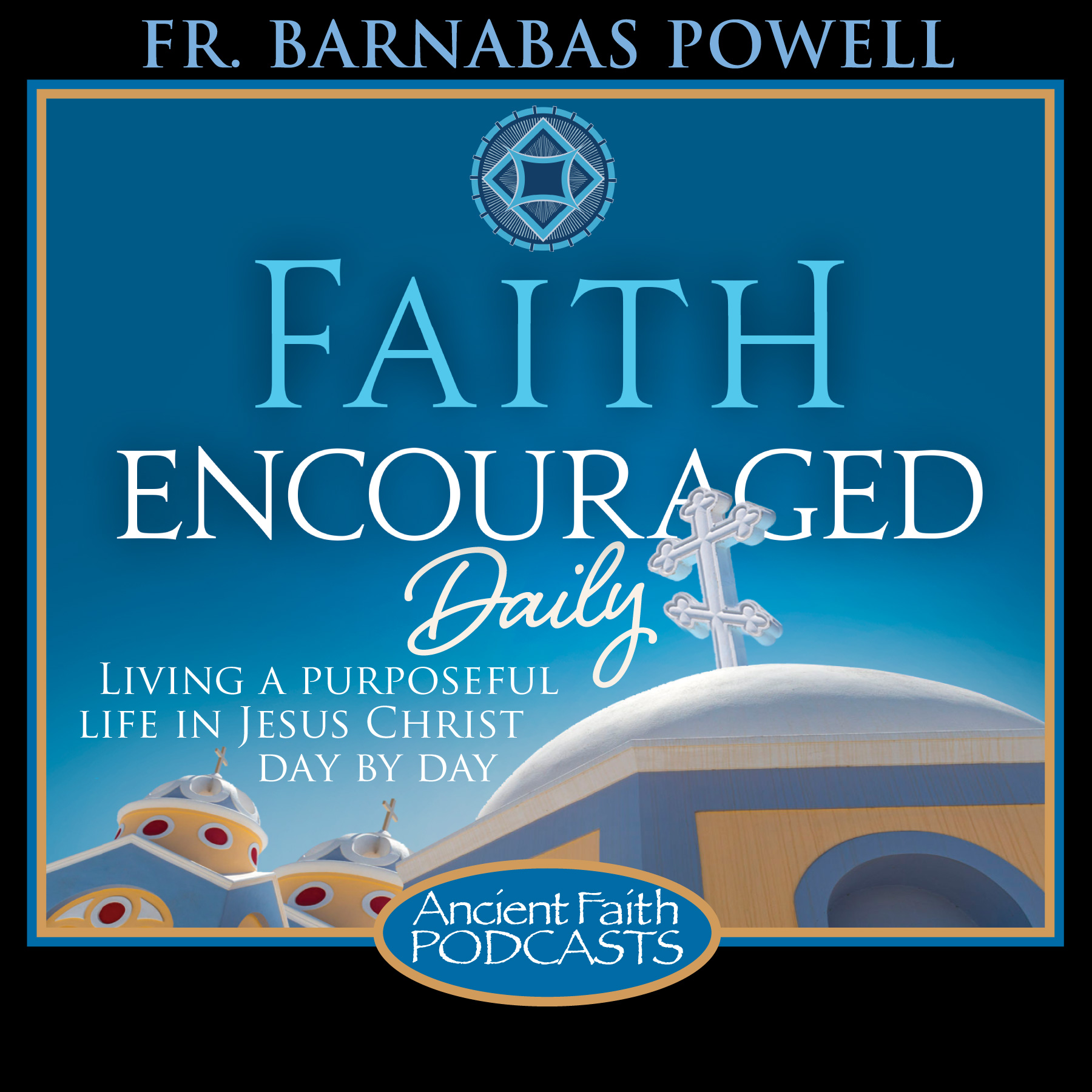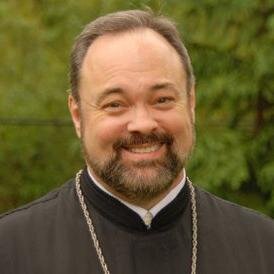Don’t you just hate it when you’re wrong? I mean, really: Is there anything so frustrating or embarrassing as to having to admit I was wrong or say I’m sorry? And yet, there’s nothing more character-building than to be able to say that. Stinks, doesn’t it? The very thing my pride fights against is the very thing that’s going to make me a better person, and, in fact, it’s the very thing that’s going to make me who I really am. So what’s the problem? Why do we struggle against admitting when we’re wrong or mistaken or need help? What seems to be the reason we so easily trip over this part of growing up?
I think part of it is the reason our first mother and father in the garden resorted to passing the blame in the very beginning. “It was that woman you gave me, Lord” or “The snake deceived me.” Sound familiar? At our heart, we are afraid that if others see us as mistaken that it will diminish us in some way. We are afraid that others will think less of us. I can’t tell you how many times I’ve spoken to someone about the mystery of confession, and they responded that they were terrified of confessing to the priest because they were afraid that what they said would diminish them in the eyes of the priest. Of course, nothing could be further from the truth. The truth is that I struggle to remember what someone’s told me in confession, even moments after they finish, because I usually have someone else waiting to speak to me right after they’re finished.
We humans and our fear drive so much of our brokenness and our spiritual illness. Just look at the example of St. John the Baptizer in today’s gospel lesson:
At that time, Jesus and his disciples went into the land of Judah. There he remained with them and baptized. John also was baptizing at Aenon near Salim, because there was much water there, and people came and were baptized, for John had not yet been put into prison. Now a discussion arose between John’s disciples and a Jew over purifying, and they came to John and said to him, “Rabbi, he who was with you from beyond the Jordan, to whom you bore witness, here he is baptizing, and all are going to him!”
John answered, “No one can receive anything except what is given him from heaven. You yourselves bear me witness that I said I am not the Christ, but I have been sent before him. He who has the bride is the bridegroom. Who stands and hears him rejoices greatly at the bridegroom’s voice. Therefore this joy of mine is now full. He must increase, but I must decrease. He who comes from above is above all. He who is of the earth belongs to the earth, and of the earth he speaks. He who comes from heaven is above all; he bears witness to what he has seen and heard, yet no one receives his testimony. He receives his testimony, sets his seal to this, that God is true.”
See, St. John was famous. Of course, he didn’t really care about that, but he knew that when his task was completed, he would be superseded by the ministry of the Messiah. Look how he handles the question from those who came to him to tell him that Jesus and his disciples were baptizing folks, too. After the eventful baptism of our Lord by John at the Jordan, the public ministry of our Lord Jesus begins, and he keeps continuity with John’s baptism by administering baptism, the ritual bath, that marks the change of life that it represents. He also becomes immediately more popular than John, but instead of John sulking and hiring a PR firm to burnish his market-share, he says, “He must increase, but I must decrease.”
John knows himself, and he knows the Lord sufficiently well that he is at peace with the reality of the situation. He sees beyond the accolades and fame to the purpose of all his life and where it has been headed since the beginning. And this very clarity and peace allows John the freedom to live out the joy of the truth. So it is with us, dear ones: As he increases in our lives, thus we decrease, but something wonderful happens when we are mature enough to embrace this life: we find ourselves by losing ourselves. We discover our true selves without the fear of being forgotten or looked-over or not getting what’s our due. We’re free to know him and know ourselves so clearly that his increase doesn’t mean our disappearance. Just the opposite is true: He takes his proper place in my life, my priorities, and my choices, and it means that I finally become who I really am. I don’t ever have to be afraid again, because my life is hid with Christ in God.
Today is Christ increasing in your life? Are you allowing his identity and his life to drown your fear that you aren’t going to be noticed or appreciated or honored? It’s an amazing truth of our Orthodox faith that we gain our lives by losing them, and we live by dying. As the old monastic saying goes, “If you die before you die, then when you die you won’t die.” Let’s embrace the ever-growing presence of Christ in our life and the joyous opportunity to grow up spiritually in the freedom of humility. It’s the only way that we’re ever going to be Orthodox on purpose.

 Fr. Barnabas Powell
Fr. Barnabas Powell